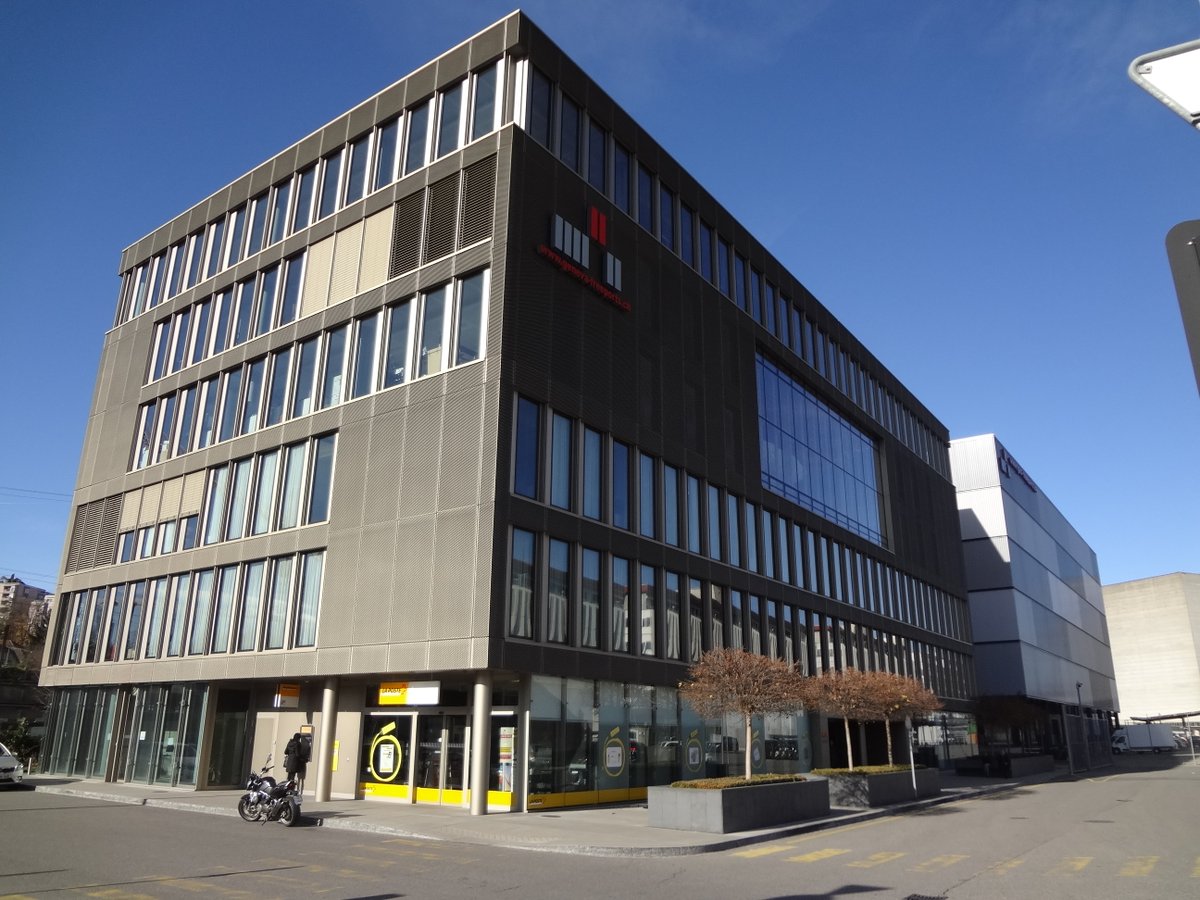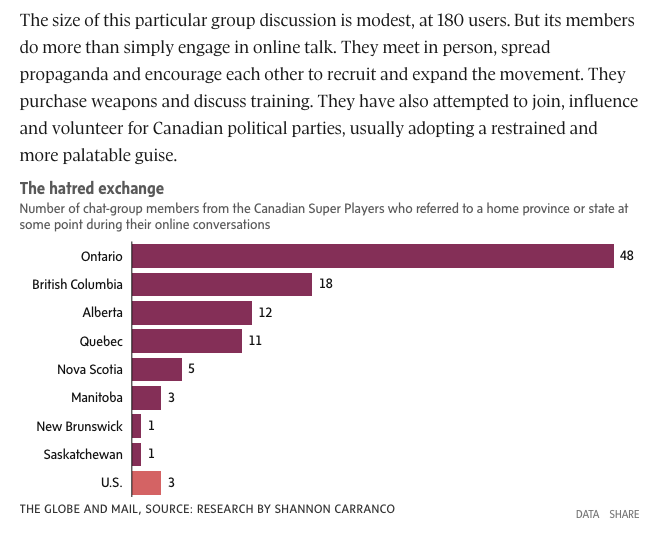
Paying 2 month’s salary for an engagement ring is dumb, and not a real tradition.
It’s one of the many successful strategies one single (predatory) company used to capture a series of suckers into inflating the price of diamonds.
Here’s how people got suckered.
<thread> 🧵👇
It’s one of the many successful strategies one single (predatory) company used to capture a series of suckers into inflating the price of diamonds.
Here’s how people got suckered.
<thread> 🧵👇
2/ First, the diamond trade is almost entirely controlled by one company - De Beers. They control two-thirds of the diamond trade, and since its founding the goal was to always to control the market.
It was founded by one of history’s greatest monsters - Cecil Rhodes.
It was founded by one of history’s greatest monsters - Cecil Rhodes.
3/ Yeah, the same Rhodes which the scholarship is named after.
This genocidal, white supremacist founded De Beers. He initially used prison labor. If you understand South Africa’s prison system at the time, you know this was just slavery.
This genocidal, white supremacist founded De Beers. He initially used prison labor. If you understand South Africa’s prison system at the time, you know this was just slavery.
4/ See, in the late 1800s, most prisoners in the South African prison system weren’t people that committed real crimes. They were people that violated “pass laws.”
Non-white people were required to carry “passes,” detailing who their “masters” were. No pass? You went to “jail.”
Non-white people were required to carry “passes,” detailing who their “masters” were. No pass? You went to “jail.”
5/ It’s how they maintained slavery, while telling people it ended.
It’s also unclear how many times they went to black ‘hoods, and just arrested people for labor, saying they were trespassing, but that’s for another day.
Back to Rhodes, and the business of diamonds.
It’s also unclear how many times they went to black ‘hoods, and just arrested people for labor, saying they were trespassing, but that’s for another day.
Back to Rhodes, and the business of diamonds.
6/ He brokered a deal with 🇿🇦 for free labour in his mines.
When workers were done work, they would bind their hands in leather mitts, lock them in cages, force them to eat on all fours, & feed them laxatives.
I believe the mitts looked like this, but not a lot on it.
When workers were done work, they would bind their hands in leather mitts, lock them in cages, force them to eat on all fours, & feed them laxatives.
I believe the mitts looked like this, but not a lot on it.

6/ Surprisingly, this isn’t a thread on pretending we eliminated slavery. It’s about pricing.
Since they used slaves, costs were minimal. They had no losses or shrink.
This made it so they could sell diamonds for almost nothing. They used this to consolidate the industry.
Since they used slaves, costs were minimal. They had no losses or shrink.
This made it so they could sell diamonds for almost nothing. They used this to consolidate the industry.
7/ Diamond sellers were asked to join their network, and they would get a cut of the market.
Those that didn’t were flushed out of the market when they flooded it with cheap diamonds, and bought the surplus of other producers that lowered their prices.
Those that didn’t were flushed out of the market when they flooded it with cheap diamonds, and bought the surplus of other producers that lowered their prices.
8/ Eventually, they just had waaay too much supply. Diamonds were a luxury product, but they needed more than just a few rich people to buy that much supply.
Plus, it was the Great Depression. No one would waste cash on diamonds.
Plus, it was the Great Depression. No one would waste cash on diamonds.
9/ Enter N. W. Ayer, the firm hired to drum up sales. They decided they would flood media, movies, and ads, to associate diamonds with love.
If you loved someone, you bought them a diamond! If you really loved them, you bought a bigger one!
If you loved someone, you bought them a diamond! If you really loved them, you bought a bigger one!
10/ NW Ayer also established the guideline in these ads of one month’s salary. That way low income people would have an achievable goal to “show” love.
By 1951, they adopted the catchy phrase “a diamond is forever.”
Keep in mind, South African slaves were used during this time.
By 1951, they adopted the catchy phrase “a diamond is forever.”
Keep in mind, South African slaves were used during this time.
11/ The ad campaigns were so successful, they doubled the ad copy to “two months” salary. It was arbitrarily increased, hoping to push middle and low income buyers to double their budget.
They did. And the rule stuck.
They did. And the rule stuck.
12/ Diamonds aren’t as rare as people think though. In fact, synthetic diamonds are so similar in quality now, the industry wants marketing labels on them so costumers aren’t “tricked.”
Synthetics cost about $300/carat to make.
Synthetics cost about $300/carat to make.
13/ They retail for ~20% less than mined, or > 10x cost.
Same ole grift, different generation
Same ole grift, different generation
Oh yeah, and 2 months salary is about $6,000 in the US.
If it was invested in a stock at 11% average annual return, it would be worth ~$1.1m at your 50th anniversary.
A diamond is forever, which is how long you’ll work if you cut a million out of your retirement funds.
If it was invested in a stock at 11% average annual return, it would be worth ~$1.1m at your 50th anniversary.
A diamond is forever, which is how long you’ll work if you cut a million out of your retirement funds.
• • •
Missing some Tweet in this thread? You can try to
force a refresh




